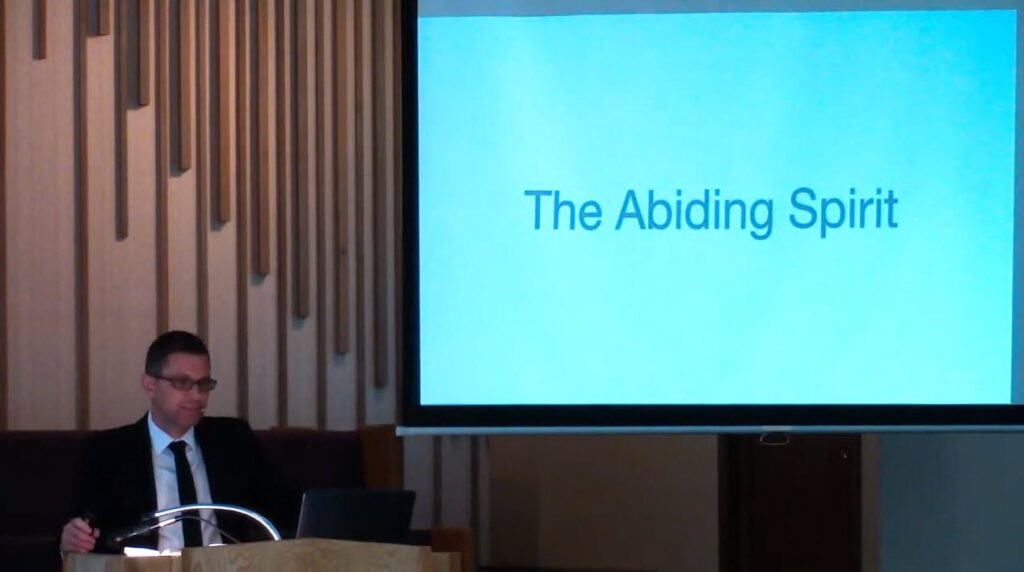Introduction
The sermon focuses on the theme of accepting the Word of God, emphasizing the conversation between God and humanity. The preacher encourages the congregation to be open to hearing God’s message in a transformative way.
Key Concepts
The Nature of the Word
- Divine Title: The term “Word” in John 1 refers to Jesus Christ, the Son of God, who embodies divine communication.
- Creation and Salvation: The Word is linked to both creation (Genesis 1:3) and salvation (John 14:10-11). The same power that spoke creation into existence also offers forgiveness and healing.
Prophetic Fulfillment
- Jesus in Nazareth: Luke 4:21 illustrates how Jesus fulfilled prophecy, demonstrating his role as the Messiah.
- Rejection of the Word: The sermon discusses how Jesus faced rejection, drawing parallels to the rejection of God’s Word throughout history.
Understanding Sin and Acceptance
Definition of Sin
- Biblical Definition: Sin is defined as the transgression of God’s law (1 John 3:4). The sermon emphasizes that acknowledging God’s law is crucial for understanding sin.
The Importance of Acceptance
- Response to Truth: Accepting the Word is essential for transformation. The preacher warns against the dangers of rejecting God’s truth, citing scriptures like James 4:17 and Revelation 22:18-19.
Spiritual Warfare
The Battle Within
- Conflict over Acceptance: There is a spiritual battle within individuals over accepting God’s truth versus succumbing to sin. The preacher highlights the importance of surrendering to God’s will.
Historical Context
- God’s People in History: The sermon refers to biblical instances where God’s people struggled with belief and acceptance, such as during their journey to the Promised Land (Hebrews 3:19).
The Role of Faith
Righteousness and Self-Control
- Faith in Action: True faith encompasses righteousness, self-control, and recognition of impending judgment (Acts 24:24-25).
- God’s Call: Believers are encouraged to trust in God’s power for salvation and transformation.
Final Encouragement
Hope and Restoration
- Prayer and Community: The sermon concludes by encouraging prayer for each other and recognizing God’s mercy in calling everyone back to Him.
- Call to Action: Individuals are invited to accept the Word of God fully, which brings freedom and life (John 8:32).
Conclusion
The message emphasizes the necessity of accepting God’s Word as a transformative power that leads to salvation and true understanding of righteousness. The preacher urges the congregation to engage deeply with scripture and allow it to shape their lives.




